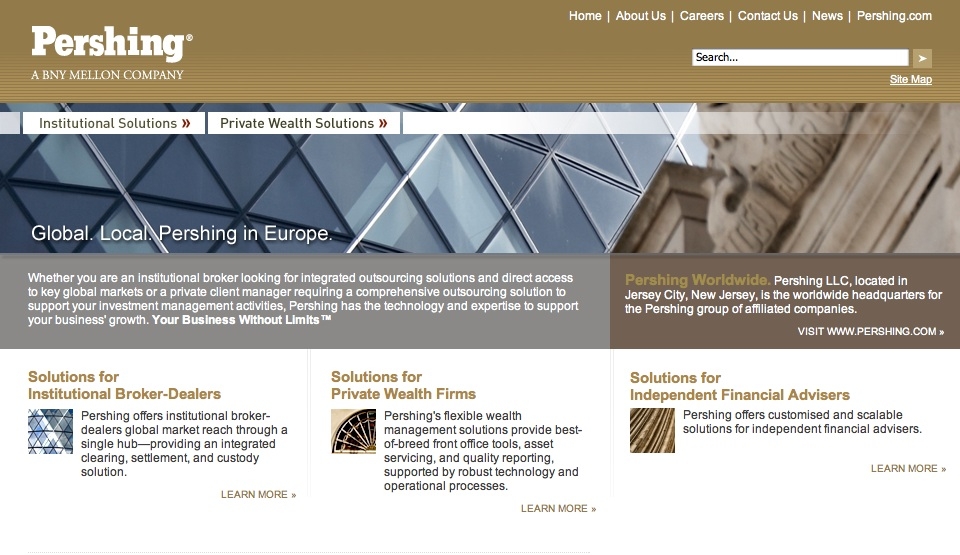Investors are increasingly aware of how their financial advisers and wealth managers are remunerated and are more likely to shop around when considering their financial options, research has found.
The study, commissioned by Pershing, a BNY Mellon company, showed that RDR has had a positive impact on investors' views of the financial advice industry.
The report called Brave New World: An investor perspective of wealth management services in a Retail Distribution Review world found forty-two per cent of all respondents think it has become easier to understand how they pay for financial advice and services.
{desktop}{/desktop}{mobile}{/mobile}
Some 37% said it is easier to compare fees from different advisers or execution-only providers.
However, the changes have prompted investors to shop around, with 22% having considered changing or starting a new relationship with a financial adviser.
This figure rises to 34% for the under 45 age group. Seventy-seven percent of respondents say they have a clear understanding of how their adviser or provider is remunerated and 75% believe that their main adviser or provider offers value for money.
Kevin Bonar, chief executive officer of Pershing, said: "The unbundling of fees has helped investors to better understand remuneration, but the subject of price competition is still a complex issue.
"Different clients have different perceptions of value and different fee preferences.
"These sensitivities need to be much better understood by UK financial advisers and wealth managers if they want to deliver the right level of service to different client groups at an acceptable fee level.
"To ensure client retention financial advisers and wealth managers must have a proactive communication strategy to position the benefits of their offering."
Forty-nine per cent of the survey's 1,000 respondents identified themselves as self-directed investors, reflecting a huge potential opportunity for advisers and wealth managers with a flexible approach to charging.
Mr Bonar said: "There is an opportunity for wealth managers to engage self-directed investors with a high-value, digitally-enabled service.
"Being more open-minded on fees may well be the way to match their offering to the mass affluent segment as well and ensure it remains profitable for their business.
"Many financial advice firms will be more than willing to welcome this up-and-coming group of wealthy clients."

